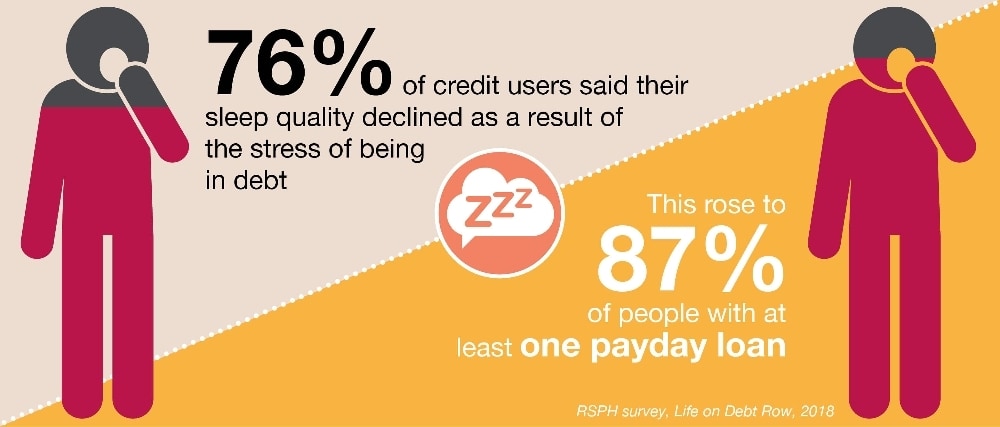Mounting Debt - Diminishing Returns
Do you find that money worries affect more than your wallet or bank balance? Or find that worrying about mounting debt or lack of income seems to cloud your thinking about other things? Its not your imagination and, you’re not alone.
Research by the non-profit consulting firm ideas42 from the U.S. on the psychological toll of living in poverty, has recently concluded that when people live in “chronic scarcity” — meaning they lack sufficient money, housing and food to thrive — their brains become overtaxed because they’re coping with emergency after emergency.
That in turn can diminish self-control and harm people’s ability “to evaluate options and make high-quality decisions,” wrote ideas42. “In short, scarcity makes us less insightful, less forward-thinking, and less controlled,” the study also stated.
Worth considering is that financial stress is not solely restricted to those in abject poverty. For instance, the USA faces $1.5 trillion just in outstanding student debt, a third of students in a 2018 survey said their student loan bills were a major source of stress.
A recent study at the National University of Singapore’s Social Service Research Centre, published in the Proceedings of the National Academy of Sciences of the United States of America has supported earlier observations involving cognitive abilities and chronic financial debt.
The Singapore study was a look at so-called “bandwidth taxes,” which are part of the reason some people stayed mired in poverty. “The demands of daily life under scarcity create ‘bandwidth taxes’ that sap mental resources, impairing cognitive ability and causing counterproductive behaviour which perpetuates poverty,”
The university’s Dr. Ong Qiyan said the findings showed the costs of being poor that aren’t measured on a balance sheet. “Our study shows that because debt impairs psychological functioning and decision-making, it would be extremely challenging for even the motivated and talented to escape poverty,” she said.
The study involved almost 200 low-income people who unexpectedly had portions of their long-running mortgage, utility and municipal debts paid down by a charity.
Researchers tested participants before and after their windfalls on their ability to spot matches and mismatches in written exams. The recipients were also tested for general anxiety disorders and their ability to make more favourable financial decisions.
The study found:
• Average error rates in the cognitive function tests fell to 4% after the debt was paid down, compared to a 17% error rate beforehand.
• The proportion of participants showing general anxiety disorders went from 78% to 53% after the debt relief.
• Numbers of people showing “present bias,” which favours instant gratification, dropped from 44%, to 33%. Indicating that their impulse control had improved.
Getting rid of debt doesn’t just unburden finances, it takes a weight off the mind that clears up cognitive functioning, reduces anxiety and improves impulse control.
One way to reduce your bandwidth taxes? Consolidate debt to simplify the pay-off experience, researchers suggested.


